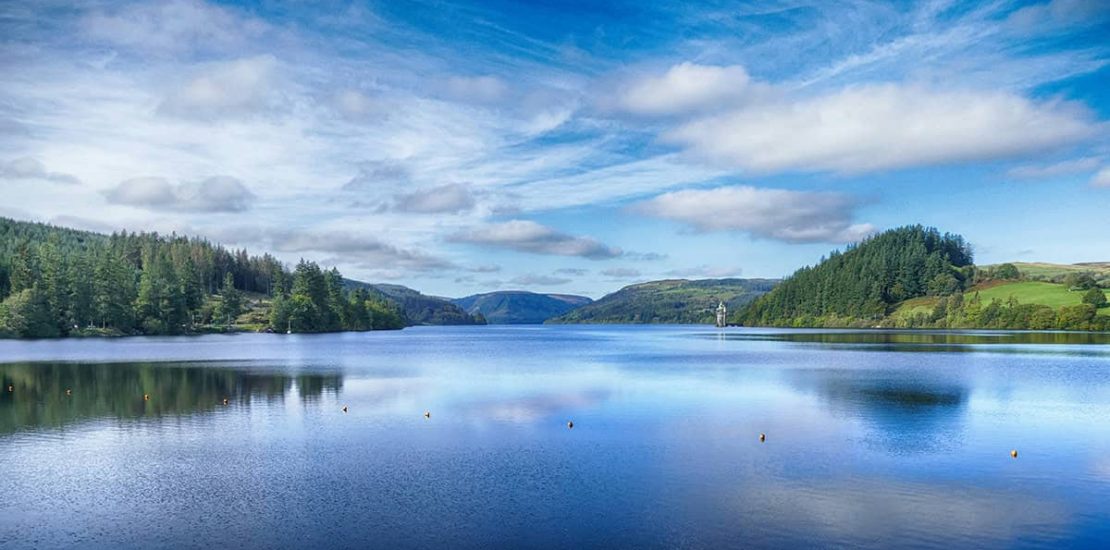- 26/04/2024
- Posted by: Mark Drakeford MS
- Category: News

Earlier this month, I was able to put a question on the Senedd agenda to the new Cabinet Secretary for Climate Change and Rural Affairs, Huw Irranca-Davies MS. The question asked about the implications for Wales of the failure by Thames Water to pay its debts.
Some may wonder why an English water company is relevant to Wales.
A series of reasons demonstrate why we need to keep a close watch on failures across the border.
Thames Water is, to date, the most serious failure across a sector which demonstrates the huge mistakes of privatisation over 30 years ago – and it’s only the first. The Financial Times has reported an industry leader saying “Thames Water is a canary in a coal mine” – an early sign of a wider crisis waiting in the wings.
Thames Water serves about a quarter of England’s population. It takes a particular form of managerial genius to make a failure of a business that is a monopoly supplier of a product consumers cannot go without. But this is what privatisation of water has achieved.
While our rivers suffer from pollution, with sewerage discharged into our seas and billions of litres of water leak out of the system every day, 16 water companies have taken a staggering £78 billion in dividends since privatisation in 1991. At the same time, the companies have amassed £64 billion in debt – despite the fact the Tories used taxpayers’ money to wipe out debt before the great sell-off, to make the industry even more attractive to private buyers. These are debts that the companies cannot pay.
To be clear: if these billions and billions of pounds had not been taken in dividends, that money could have been used for investment – and not just in the water industry.
‘It’s not as if there aren’t better models and better ideas available − outstandingly so, here in Wales.’
If all this seems a bit far away from Wales, we should not forget that Thames Water has been actively promoting a plan to take more water from Wales, from the Lake Vyrnwy reservoir, and pipe it to its users in south-east England – with only uncertain powers to insist that Welsh residents are properly recompensed for any additional use of our own natural assets.
Finally, it’s not as if there aren’t better models and better ideas available ¬− outstandingly so, here in Wales. Dŵr Cymru Welsh Water is not perfect. It faces challenges in restoring aspects of its service to a satisfactory level. It knows that more will need to be done to improve water quality. But when it comes to fundamentals, it is a sector leader. The not-for-profit distribution model, promoted in the earliest days of devolution by Rhodri Morgan and Sue Essex, means that none of that £78 billion has been extracted from the industry, or billpayers, here in Wales.
When Dŵr Cymru makes a profit, it is reinvested in the infrastructure on which the state of our rivers and seas depend, and on the services it provides, especially for its least well-off customers. As a result, in industry regulator Ofwat’s latest annual Monitoring Financial Resilience Report, Dŵr Cymru emerges as having the lowest level of debt and the highest credit rating of any water company in Wales and England. That means that Welsh citizens are not exposed to the risks that now face their counterparts in England.
It means that a different and better model is there, not in a textbook but in a successful 20-year history of operation. The next Labour Government will surely want these lessons to be learned and put into practice.
In the run up to a potential loan default on April 30, Thames Water has done everything it can to pass the consequences of its failure onto customers. It is currently seeking Ofwat approval to raise bills by 44 per cent by 2030 and to lower regulatory fines. The contingency plan inside the UK Government around the potential downfall of Britain’s biggest water company is said to be called Project Timber ¬− the call which goes out just before a tree is felled.
Share on Social Media
KEEP UPDATED


GET IN TOUCH
As your Member of the Senedd (MS), I can help constituents on various issues, such as education, the environment, health and social services, highways, transport, and housing.
Please use the contact form to get in touch with me. Please remember to provide as many details as possible, including your name, address and full details of your issue.
I also hold face-to-face and online surgeries using Zoom/Microsoft Teams. At each session, I’ll be available to help with local issues. Click here to book an appointment.
